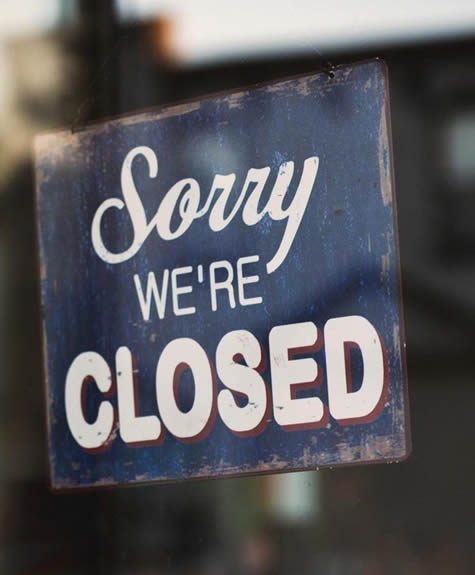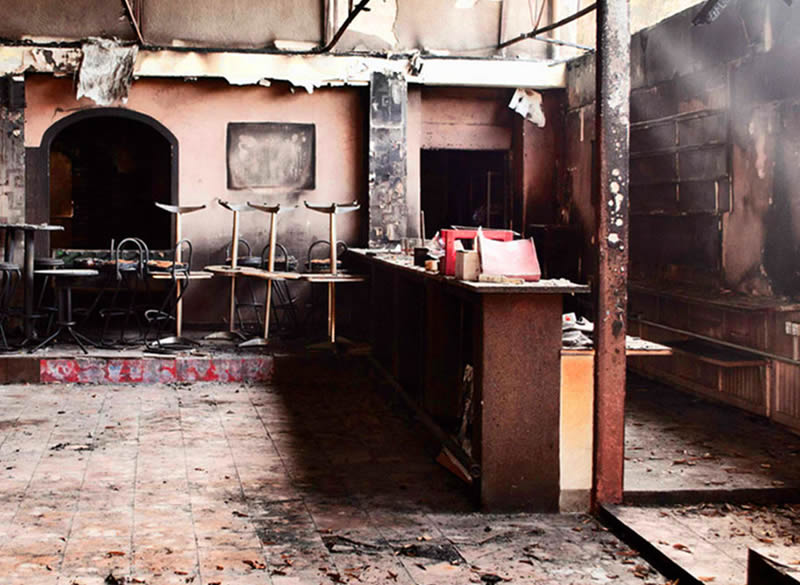What you need to know?
Estimated Annual Gross Profit/Revenue
Cover is most often provided based on an Estimated Annual Gross Profit Sum Insured and this can be calculated using the above formula. Once the indemnity period has been chosen, the gross profit sum insured will need to be adjusted for that length of time. In doing this, account must be taken of future business trends. Cover can also be provided based on gross revenue basis, which gives cover for the whole of the company revenue without deduction. This basis tends to be used in the professional services and sectors where variable costs are limited.
Additional Increased Cost of Working
The reasonable additional expenditure incurred to avoid or diminish any further reduction in turnover following a loss even if the amount payable exceeds the saving made. Inevitably there may be extra expenses that will not necessarily pass the ‘economic test’ for additional expenses, but may be reasonable in terms of medium-long term interest of the business. These can include the following;
- Temporary Repair Costs.
- Contracting out work to fulfil supply demand from customers.
A number of cover extensions are also available for consideration, some of these are often provided as an automatic add on to standard BI policy cover (please note the following list is not exhaustive).
- Suppliers/Customers Extension
- Utilities
- Utilities
- Denial of Access
Indemnity Period
The period during which the business’ results are affected due to a loss or damage, beginning with the date of the loss or damage and ending not later than the maximum Indemnity Period. When considering an appropriate indemnity period, it is important to consider the following;
- Availability of Replacement Machinery & Equipment & Recommissioning time.
- Planning Consents/Enquiries – Modern methods/Asbestos/Listed buildings/Access to Site for Plant/Machinery etc.
- Availability of Alternative Accommodation.
- Seasonal Business
How do I start?
Hisbah Insurance will assess your needs and give you options. Give us a call or email us and one of our friendly staff will help you get the best cover at the right price.





























